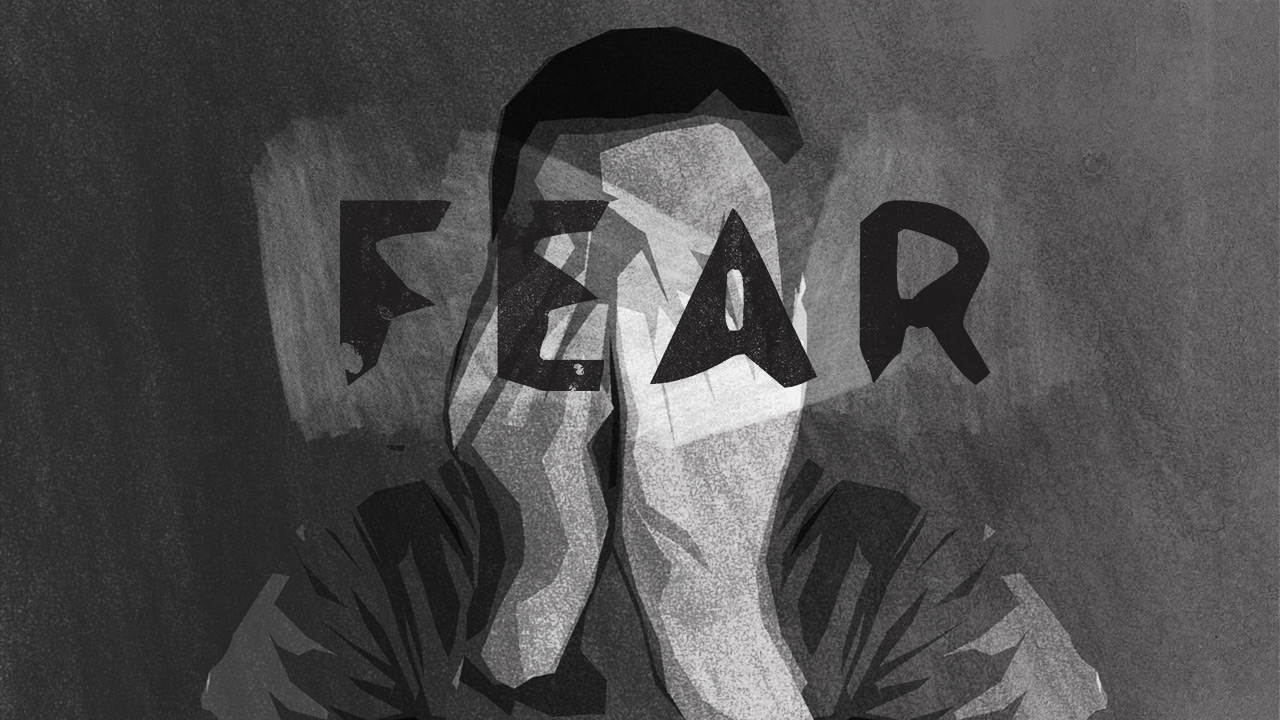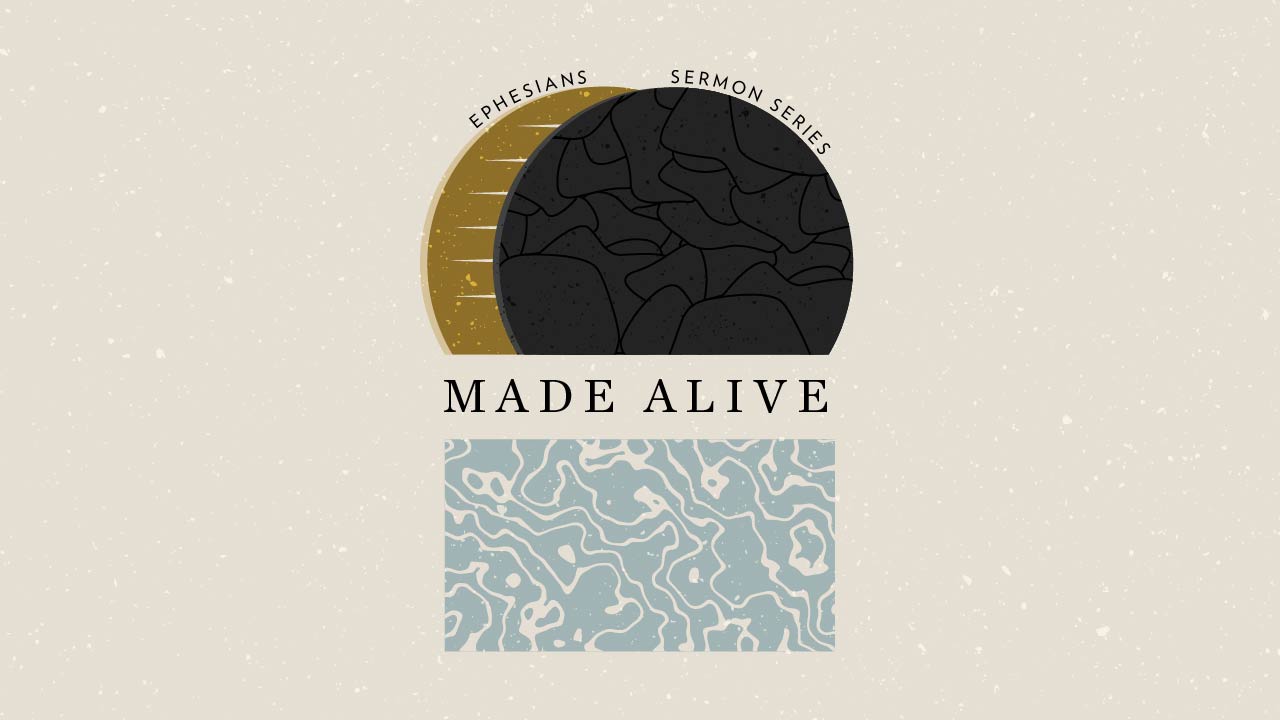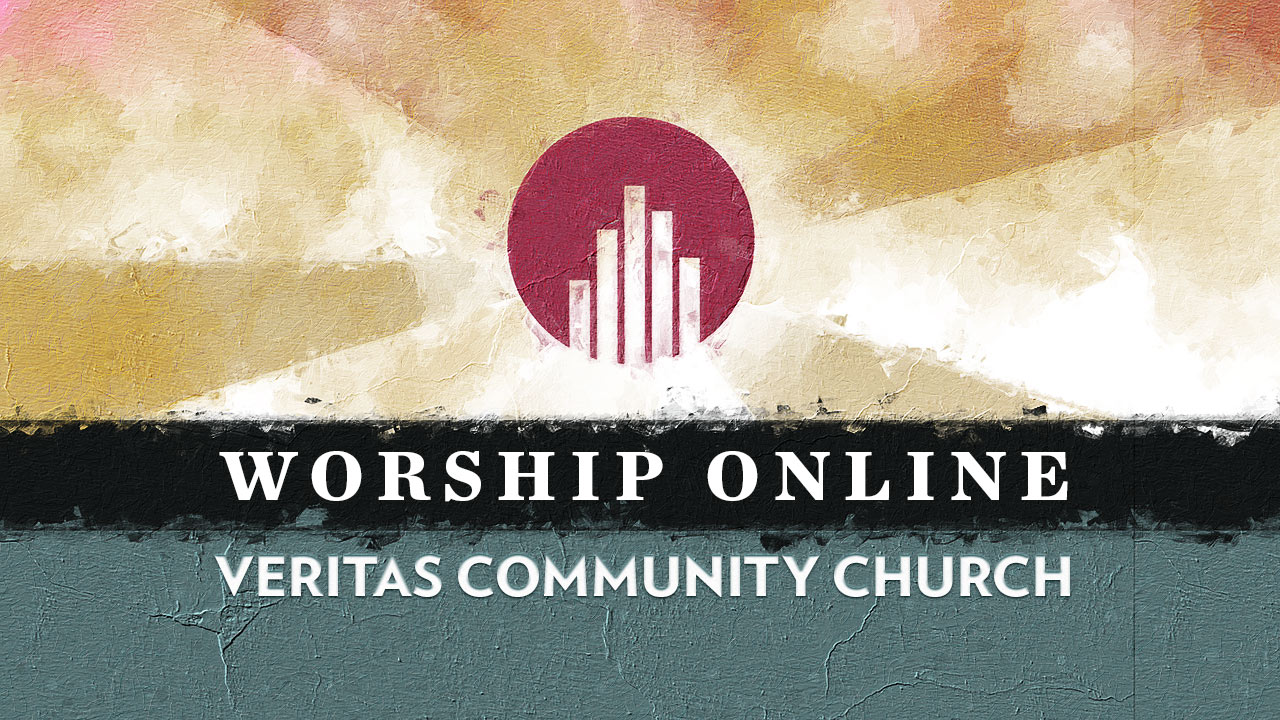
The Master of the Mundane
Congregation: Tri-City
Series: Fear
Speaker: Brad Snyder
Scripture Text: Esther 5-10
Hey everyone! Here are some things to think about/discuss as families and community groups this week:
“How can people who confess an orthodox creed week after week so easily and completely lose track of the implications of that theology whenever problems emerge in daily life?” Iain Duguid
1. Last week, Esther had decided to confront King Ahasuerus in order to save God’s people (“If I perish, I perish…”). In chapter 5 of our passage this week we see her putting together a plan in order to convince the King. We see that Esther is wise and discerning in her plan. She doesn’t just rush in to confront the King, but puts a plan in place that will best enable her success. Brad said “stepping out in faith is not a license for foolishness.”
How can we balance the realities of trusting God with the details of our lives while also making choices and decisions in our day to day lives?
What is a situation in your life currently that requires Godly wisdom and whimsy?
Read Ephesians 2:10. What does it mean to walk in “good works” that God has prepared “in advance”? How does it make you feel knowing that God holds everything in his hand, under his watchful eye, yet you are also responsible for your actions, thoughts, decisions, etc.? Worried? Scared? Hopeful? Safe?
2. Proverbs 16:33 “The lot is cast into the lap,
but its every decision is from the LORD.”
Take some time as a group to point out and talk about the seemingly random details that unfolded throughout this story in order for God’s purposes to be accomplished. (As Brad mentioned, it “just so happened” that Haman cast lots that landed on a date a year away, it just so happened the King was drunk and summoned Vashti, etc.)
What does the fact that these intricate details were woven together in such a way teach us about God (who isn’t even mentioned throughout the entire narrative)?
Does the reality that the God of Esther is the same God you worship give you hope for whatever is going on in your life? How?
“All these tragic coincidences that seem to be unraveling God’s plan are actually the thread God uses to knit it together! … precisely at the moment in the story when it seems like God was absent… he was present. When it seemed like he lost control… he was totally in control. When it seemed like sin was reigning and evil was winning… God was on his throne, carrying out his victory!“-Brad, from the sermon
3. Consider the clothing worn by Mordecai from the beginning of our passage to the end. He goes from wearing sackcloth and ashes, the clothing of someone who is mourning, to royal robes of the King. It’s quite a transformation!
How does this external change for Mordecai remind us of the good news of the Gospel? (Hint: check out Isaiah 1:18, Philippians 3:21, Luke 9:30)
Brad spoke about the “great reversal” of the Gospel of which this narrative reminds us. Just as Mordecai is honored above all and Haman is hanged on the gallows, on the Cross the only sinless man to ever live was crucified in order that a host of sinners might live.
How does this “great reversal” that we’ve experienced in the Gospel change the way we approach the world, how we do our jobs during the week, how we love our neighbor, etc. ? (Read Romans 8, specifically verses 1, 14-18, 28-39)
3. In chapter 4, Mordecai hinted the salvation would come for God’s people “from another place.” It is not clear that he himself knew exactly how God would save them (he just had faith that God would!). In the chapters from this week’s passage, we see this great deliverance come for the Jews that Mordecai was praying for.
Today, as Christians, how do we have assurance that God has saved us and will deliver us in the end? How is it different from the salvation/deliverance for Esther, Mordecai, and the Jews in our passage for this week?
4. How does the story of Esther help you to celebrate “Mondays”, or the plodding, everyday, mundane aspects of your?
How does the fact that God cares about the small details of your life draw you into a greater worship of Christ?
How do the truths taught to us by Esther give us joy and strength to continue on even when life is sad, boring, or otherwise forgettable?
“God’s Word dispels despair. It gives us a sure foundation for a hope for our future freedom. We look forward to a final abolition of death, tears, and pain (Rev. 21:4). Christ’s resurrection is the pattern for our resurrection. And, according to Romans 8:21, our resurrection is the pattern for the liberation of creation. Thus Christ is at the center, both for us and for creation… Since He is Creator, He is also Savior and Lord who redeems the entire cosmos from ‘futility’ (Col. 1:18–20)…Redemption reverses the effects of the Fall.” -Vern Poythress



Comments are closed.